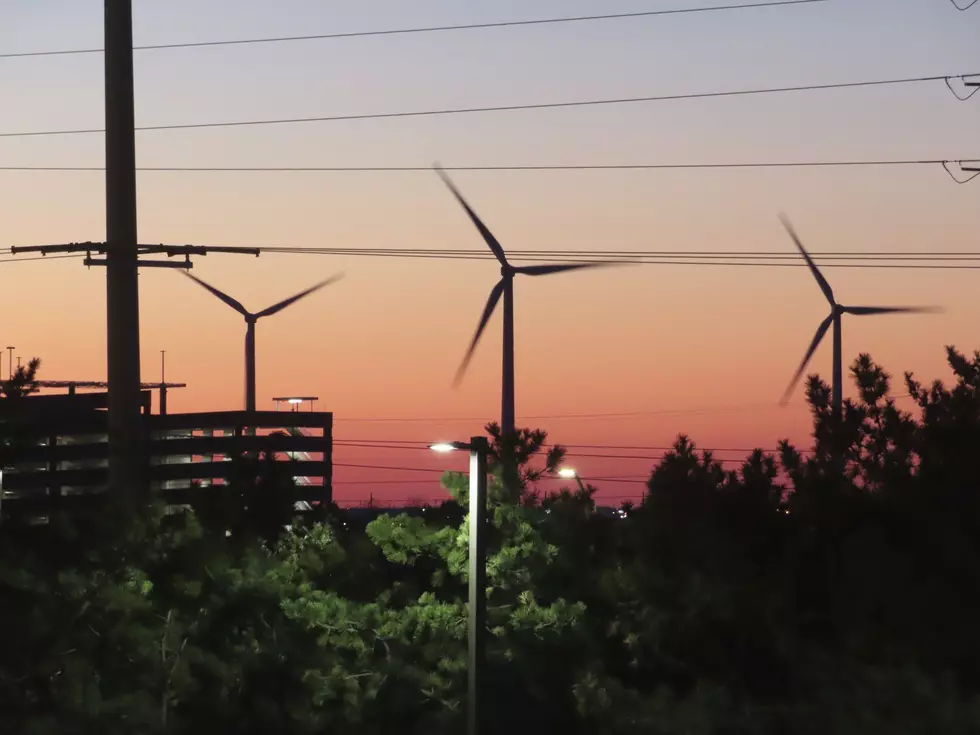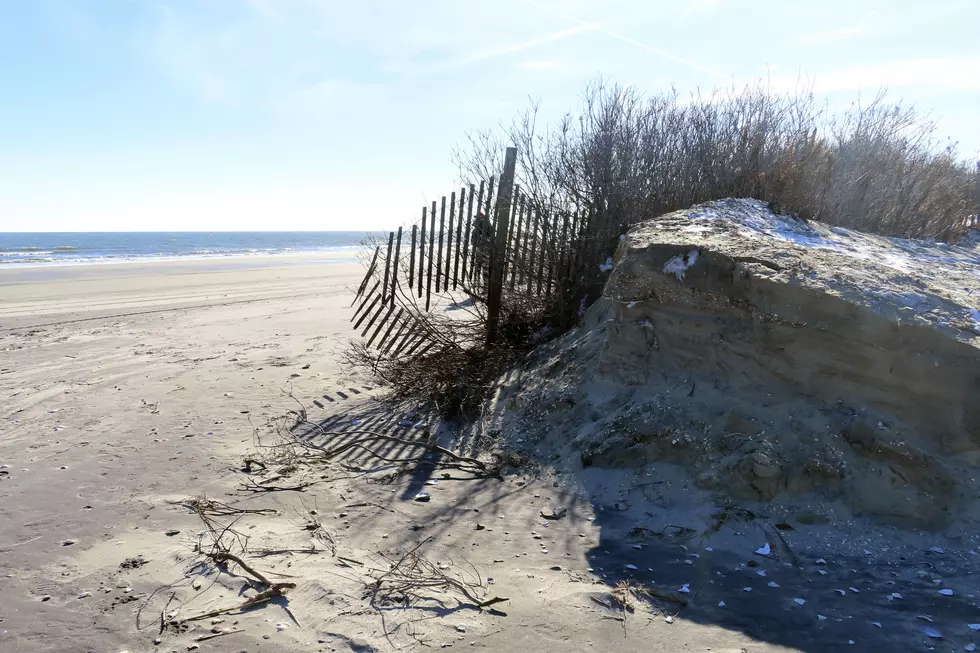
Plant this, not that: How to protect NJ wildlife from invasive, exotic flora
Invasive, exotic plants are growing out of control in New Jersey, overrunning forests and natural areas.
Michele Bakacs, Rutgers professor and county agent with Rutgers Cooperative Extension of Middlesex and Union counties, said this has a huge impact on the state's flora and fauna. But the good news is that homeowners can do a lot to help.
She said these invasive, exotic plants such as Japanese barberry, winged burning bush and butterfly bush come into this country either accidentally or intentionally through ornamental plantings. The problem is these types of plants have no natural predators or competitors to help keep their populations in check. The other issue is that deer in New Jersey won't eat these invasive plants.
Homeowners should look at what they have in their yards. Not all ornamental plantings are invasive. Some other examples include Chinese silver grass and English ivy. One invasive plant people love is the butterfly bush because they do, in fact, attract butterflies. But Bakacs said the problem is local butterflies can't depend on butterfly bush to complete their life cycle. People should be planting native milkweed for butterflies.
New Jersey has a diversity of wildlife, plants and birds that need to be protected. This wildlife includes native butterflies, birds and bees depend on native plants for habitats, nesting sites and for food. When these invasive, exotic plants move in, they out-compete native plants, forming monocultures, said Bakacs. Then, there's no food and no habitat left for the state's flora and fauna to thrive.
But homeowners can help keep native plant species alive and well. Examples include trumpet honeysuckle, milkweed, wild ginger and wild geranium. There is The New Jersey Invasive Species Strike Team, which has a "do not plant list" that homeowners can download and print when they go shopping for plants and grasses.
Bakacs also said they can call their local Rutgers Cooperative Extension Office. Every county in the state has one. The staff there can help identify plants in someone's yard and the homeowner can learn how to plant native plant alternatives.
There's also The Jersey Friendly Yards program. The website provides a list customized for a backyard. Whether someone has wet soil, shady or sunny areas, they can customize a list of native plants that would be perfect for the yard.
If someone is not sure if they have a plant growing in their yard that's considered invasive, they can take a picture and send it to the local Rutgers Cooperative Extension Office to identify the plant.
But Bakacs stresses the importance of planting native grasses and plants.
"If you have property, there's so much you can do as the steward of your home landscape to create little conservation zones, create pollinator habitats, create habitats for birds and bees and create habitats that support pollinators throughout their life cycles, provides food, nesting sites for birds and butterflies," she said.
Start thinking of a backyard as an opportunity to find spots to turn them back to nature.
More from New Jersey 101.5:
Jersey Goes Wild: Animal Edition
More From New Jersey 101.5 FM









